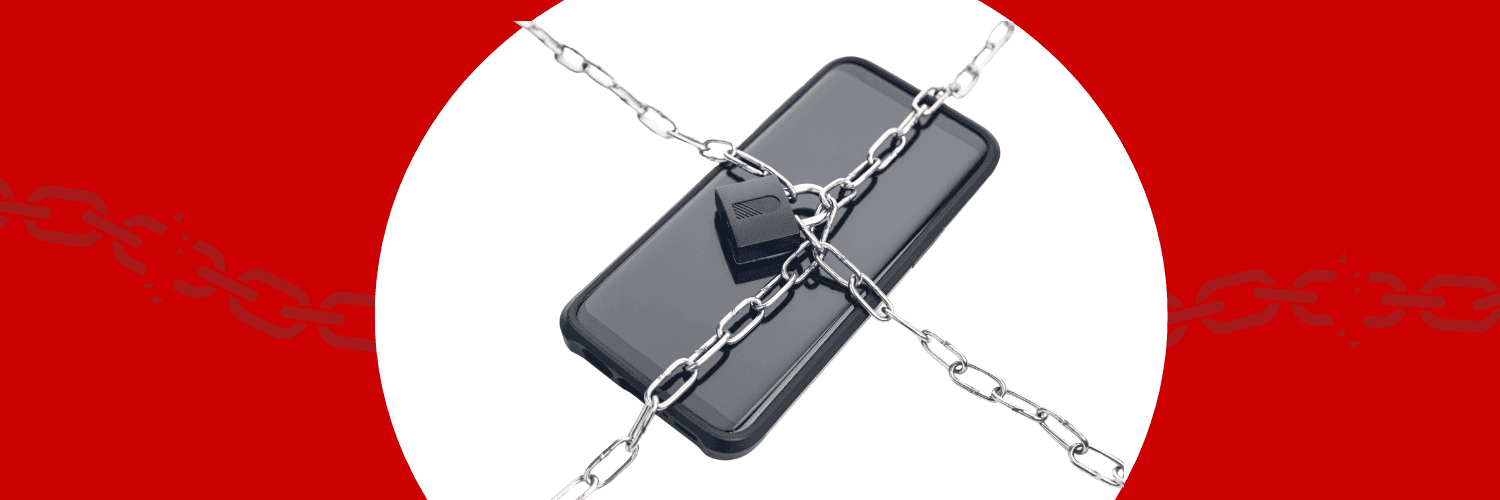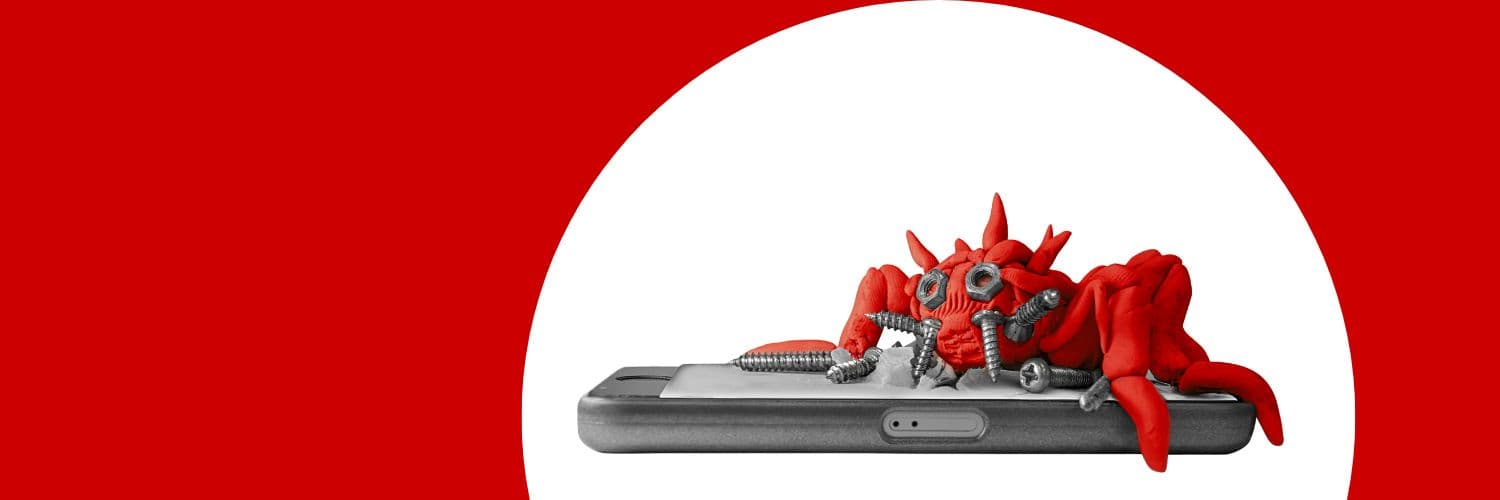During our day, we reach for our phones an average of 76 times, which means, excluding sleep time, we check it every 12 minutes and 38 seconds. However, there are people for whom even less than fifteen minutes without a smartphone is an eternity. As soon as they put down their phone, they become almost immediately worried because they can't check for incoming notifications and messages. Such behavior already has a name in pop culture.
FOMO (Fear Of Missing Out), because that's what this phenomenon is called, is the fear of being excluded. Excluded from social life, which today also takes place (or perhaps mainly) in numerous social media channels. It's also the fear of missing out on important information that might have appeared on our phone screen when we weren't holding it.
It is estimated that up to 70% of young adults in developed countries may suffer from FOMO.
These are people who experience the accelerating pace of their lives daily, are bombarded with countless pieces of information from all sides, and have more and more applications installed on their smartphones. They check messages, contact friends, look at their photos, share their lives, and receive constant push notifications. They are obsessively afraid that they will miss out on some interesting piece of information or event their friends will be at. Psychologists who observe this phenomenon emphasize that people particularly vulnerable to FOMO are those with complexes who try to hide their flaws through self-creation. They are extroverted and escape into the external world, leaving no time for reflection and moments of calm.
The term FOMO first appeared in 2000 in the pages of Forbes magazine, and it reached its peak popularity in 2013 when the prestigious Oxford Dictionary added it to its list of entries. So why am I returning to it 5 years later? Because FOMO is still going strong, and a small fraction of people still realize that their obsessive phone checking not only has a name but, above all, carries many consequences.
Let's be honest – focusing all your attention on what others are doing, without focusing on your own backyard, brings no good. While people with FOMO don't just check on others, they also share everything from their own lives. However, there's less individuality in this and more self-creation. This way, you can quickly become overwhelmed by the sheer volume of information.
So, if you start your day every morning by checking all your social media notifications, you can't imagine a day without the internet, you react to every phone notification, you constantly take photos and post them on your profiles, you are "interested" in all events in your area, you can't imagine a meal without simultaneously scrolling through Facebook, and you often find yourself only reading news headlines to quickly move on to the next, it is highly likely that you suffer from FOMO. By the way, I found several points here that have become a permanent part of my life, and you?
In parallel to the phenomenon described above, however, an inverse trend has begun to emerge. More and more people are consciously starting to filter the messages they receive from the virtual world and are prioritizing finding time to be offline. Radical adherents of this lifestyle even delete their social media accounts, not caring at all about the common saying "if you're not on Facebook, you don't exist." So, how can you enjoy being outside the mutual circle of admiration on Facebook or Instagram? First and foremost, it must start with a concrete decision and not panicking when isolating yourself from the informational rush. We can still stay up-to-date, but at the same time, let's not let the news dictate our lives.
This lifestyle has already got its name – JOMO. Contrasting with FOMO, JOMO stands for Joy Of Missing Out, which literally means: the joy of being out. JOMO focuses on making conscious choices about what we want to participate in, rejecting things that interest us to a lesser extent, and deriving the greatest joy from spending time on things we love. The fear of being excluded is replaced by the joy of our individual decisions. But it's not just about consciously reducing the content that reaches us. It's also about ceasing to compare ourselves to the perfectly crafted images on Instagram shared by our friends, shifting virtual contacts to real-life ones, and generally slowing down the pace of our lives. 2018 will continue to be marked by slow-life, both in culinary, fashion, and cyberspace, so JOMO will continue to gain strength.
So maybe it's worth adding a bit of offline life to your New Year's resolutions? I started by limiting unnecessary apps, and I replaced my usual hour-long Messenger conversations with my friend with weekly meetups. For now, I can't imagine approaching the subject orthodontically and deleting my social media profiles – primarily due to my current position, but a little bit of stepping away from this hustle will certainly do me good, and I believe it will do you too!
ViQueen Magda, Social Media Manager at Mobile Vikings











